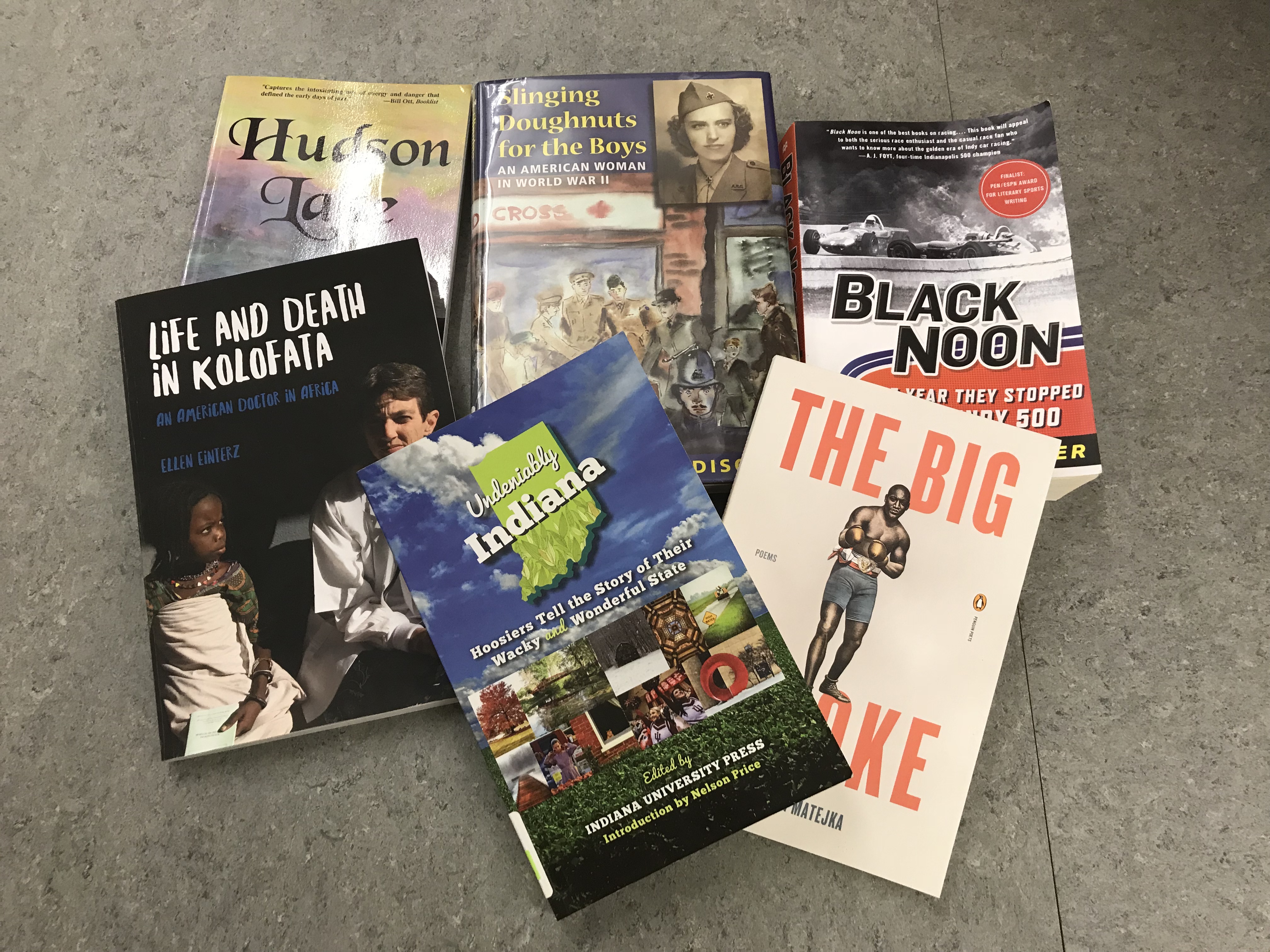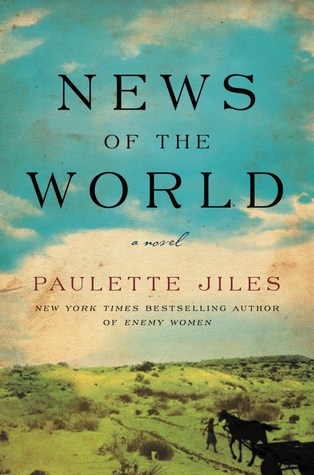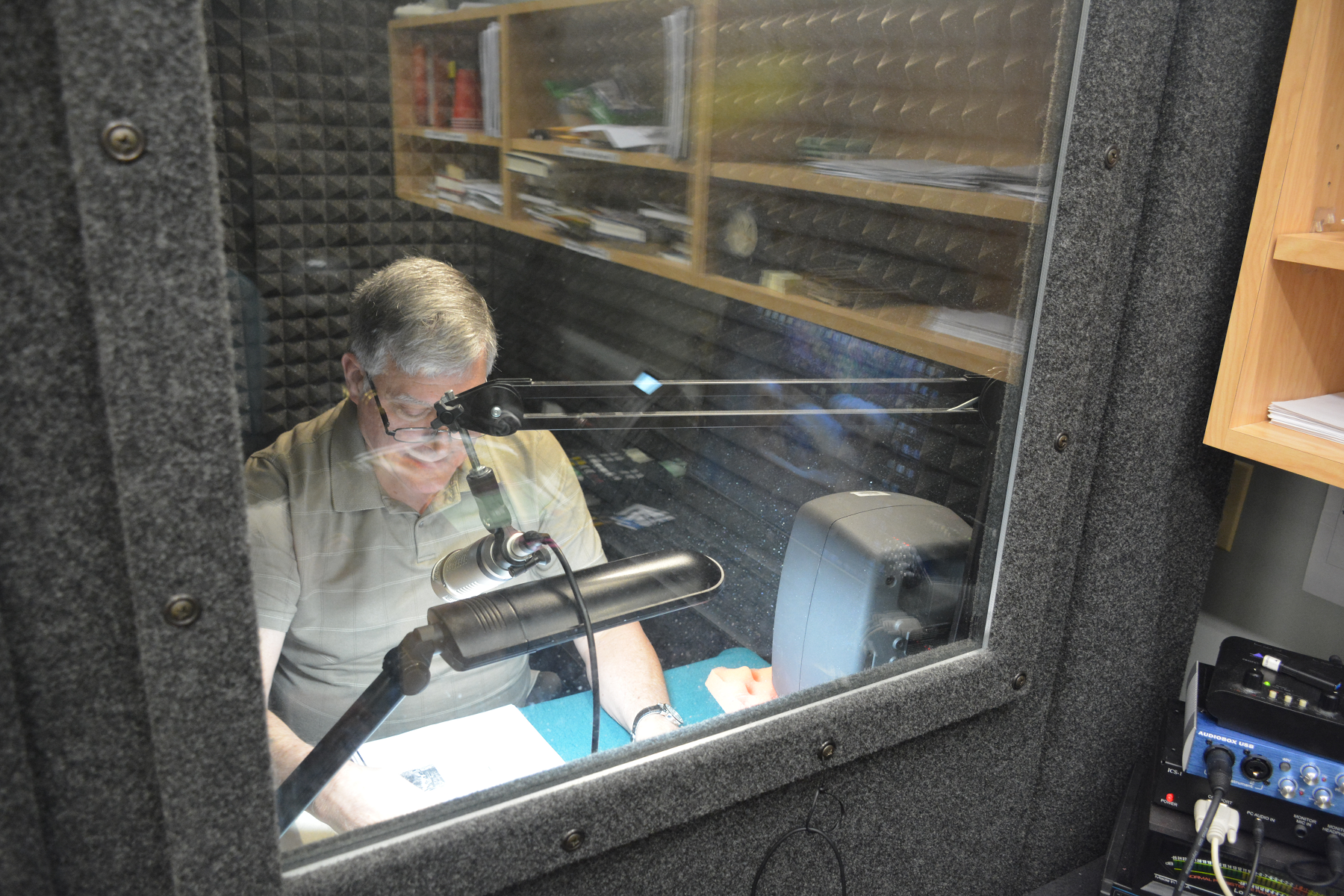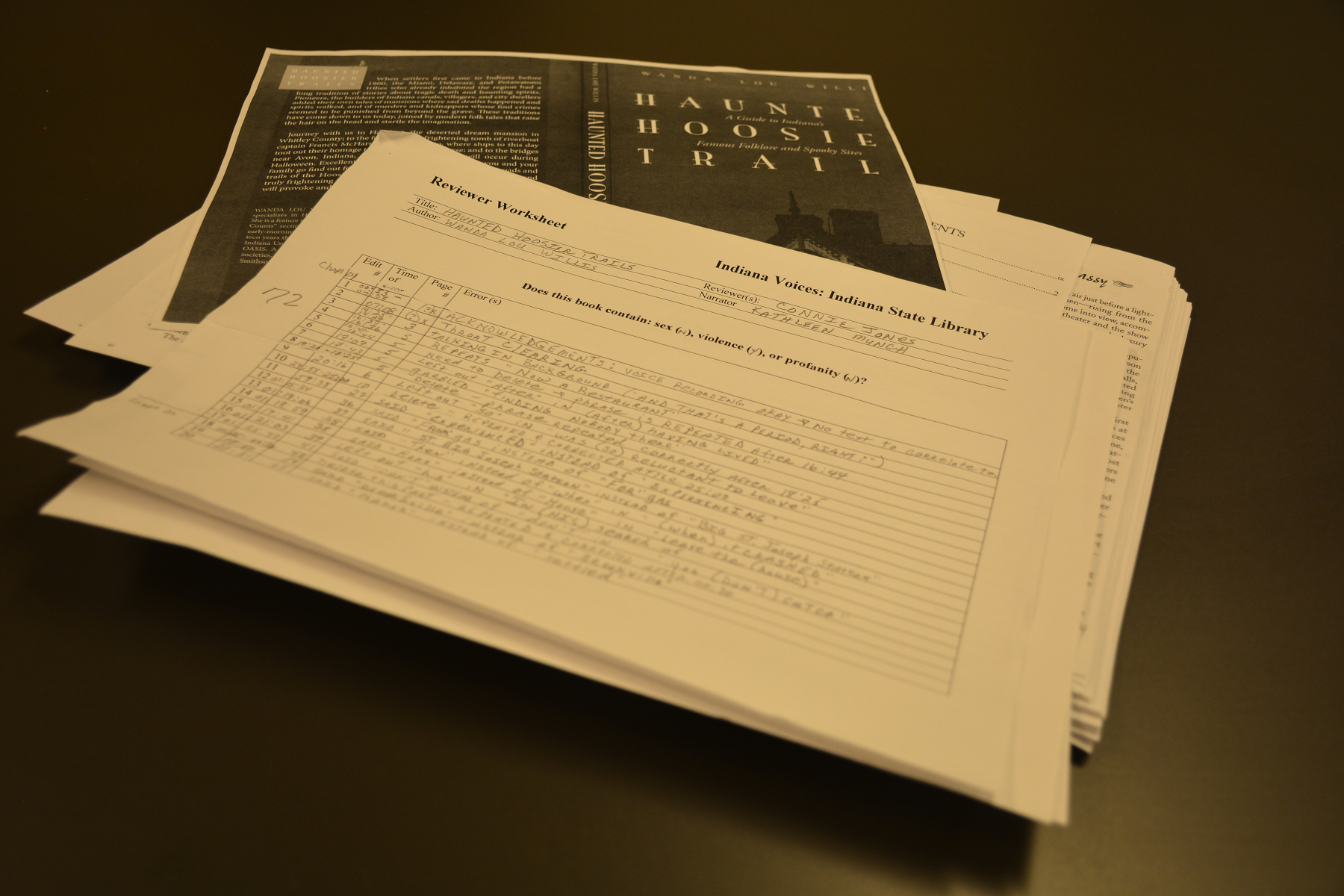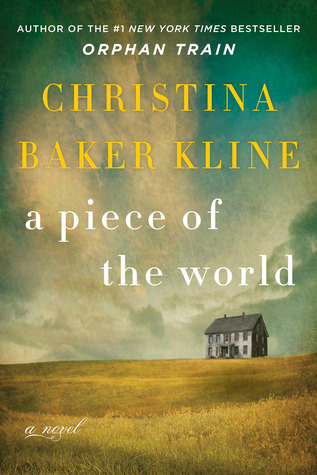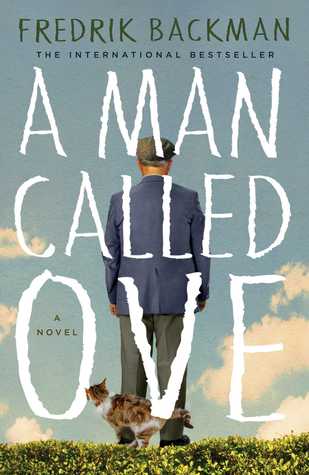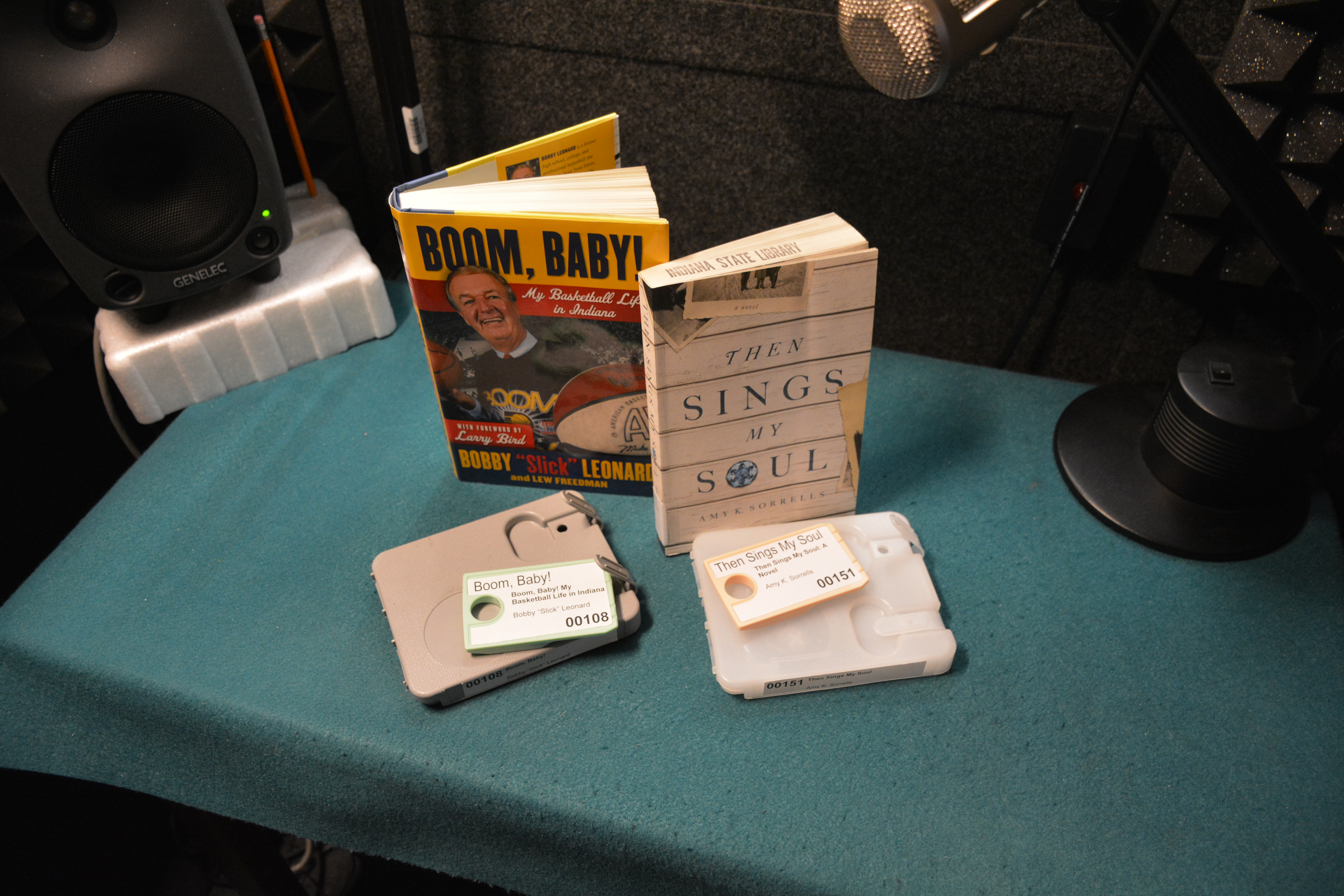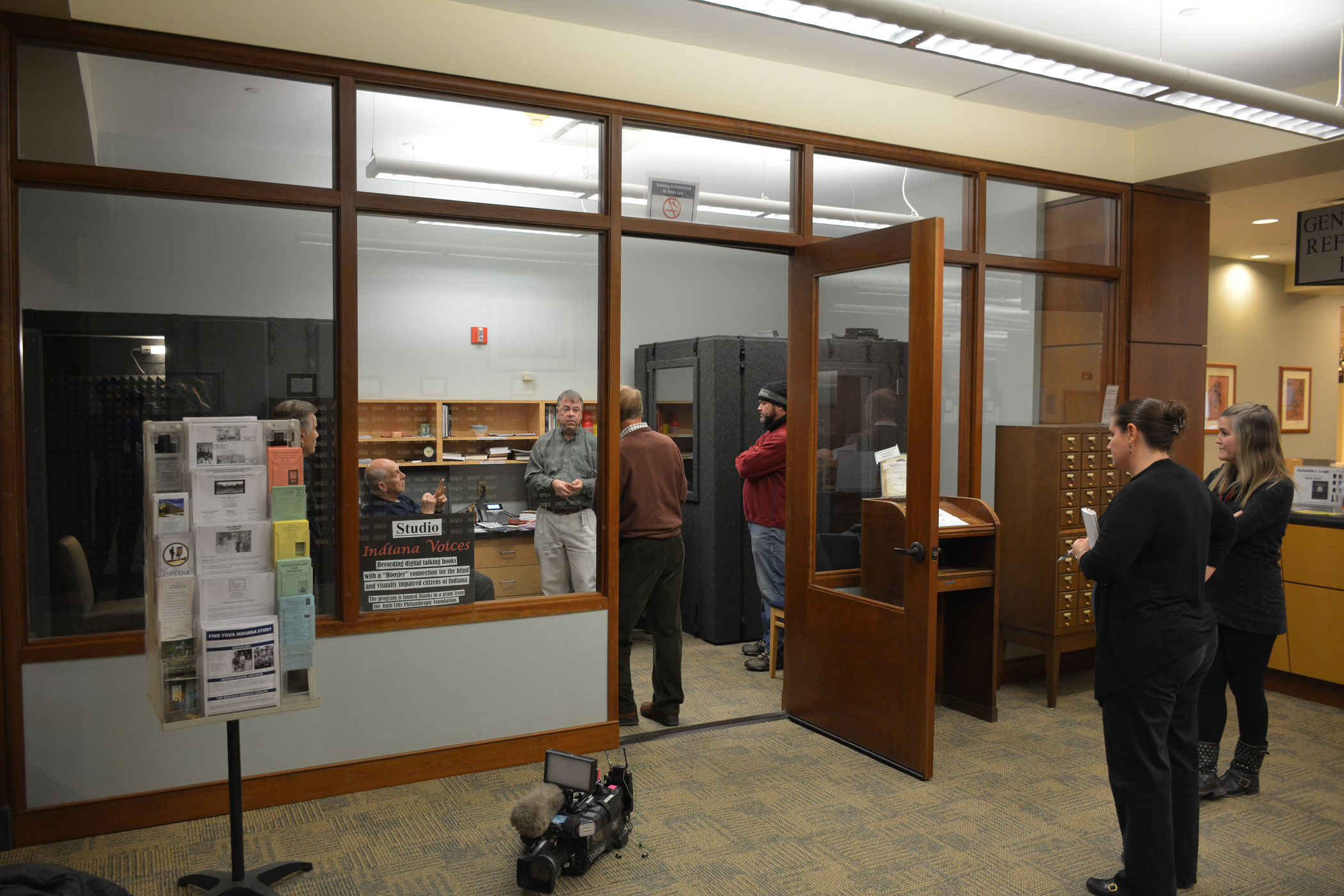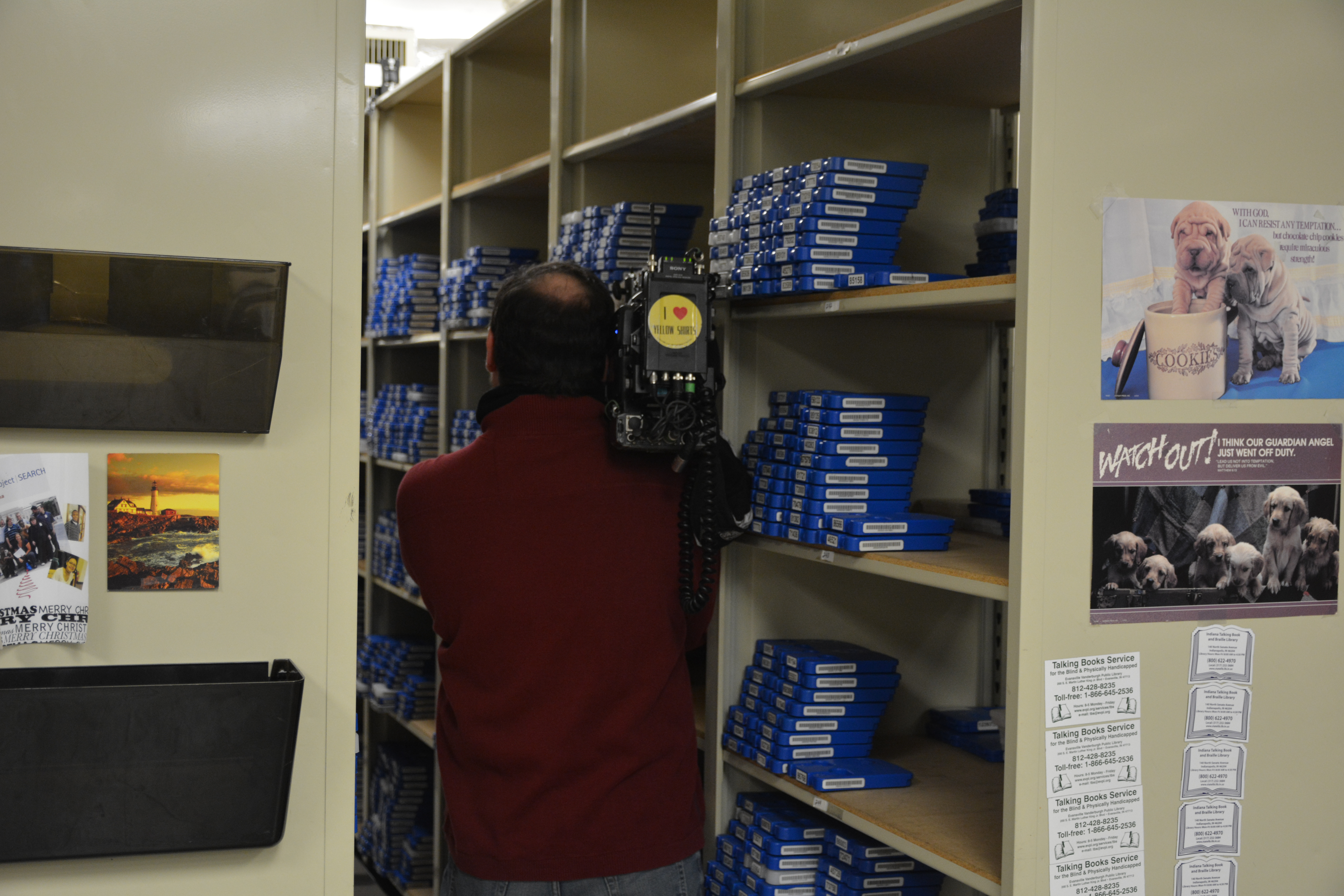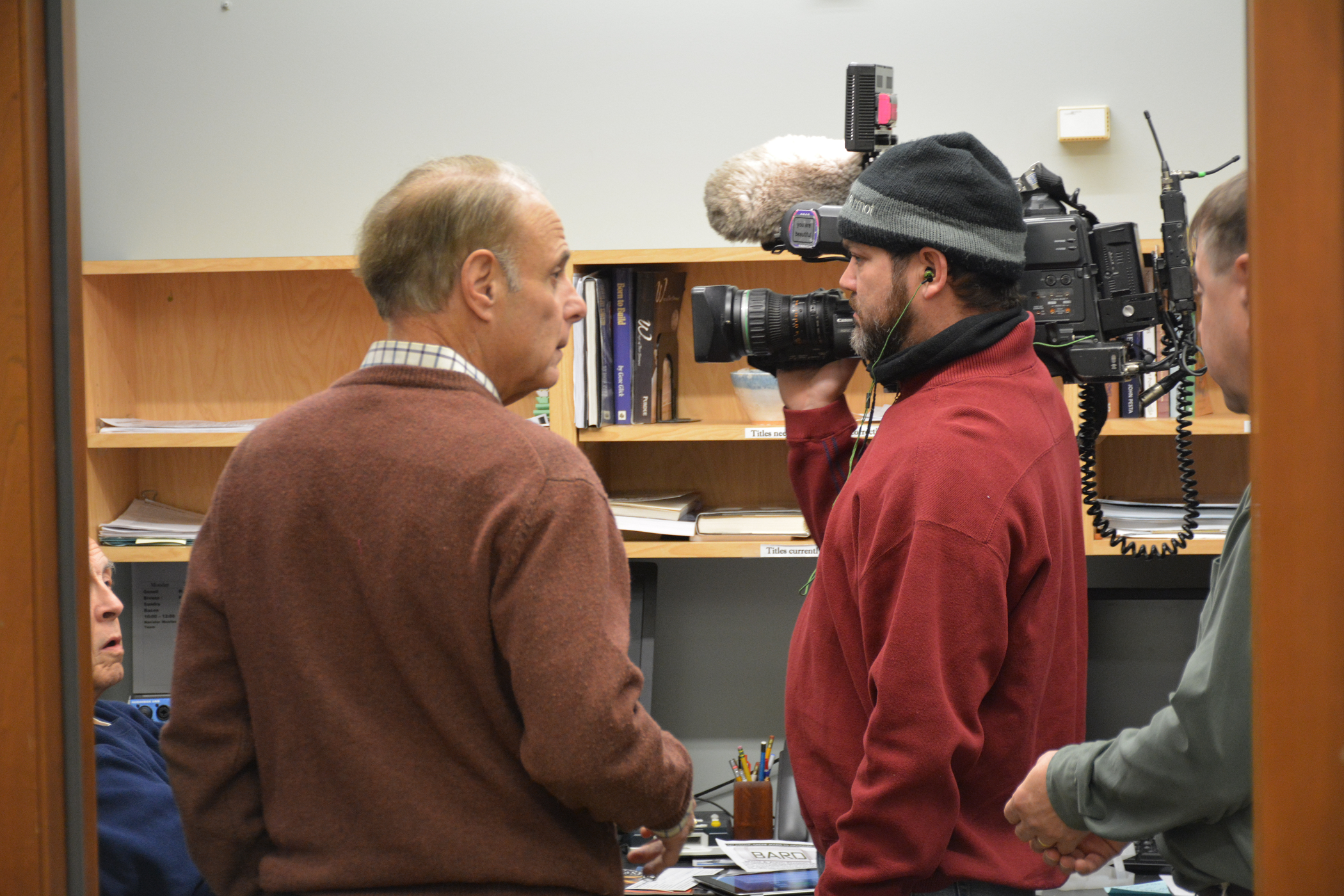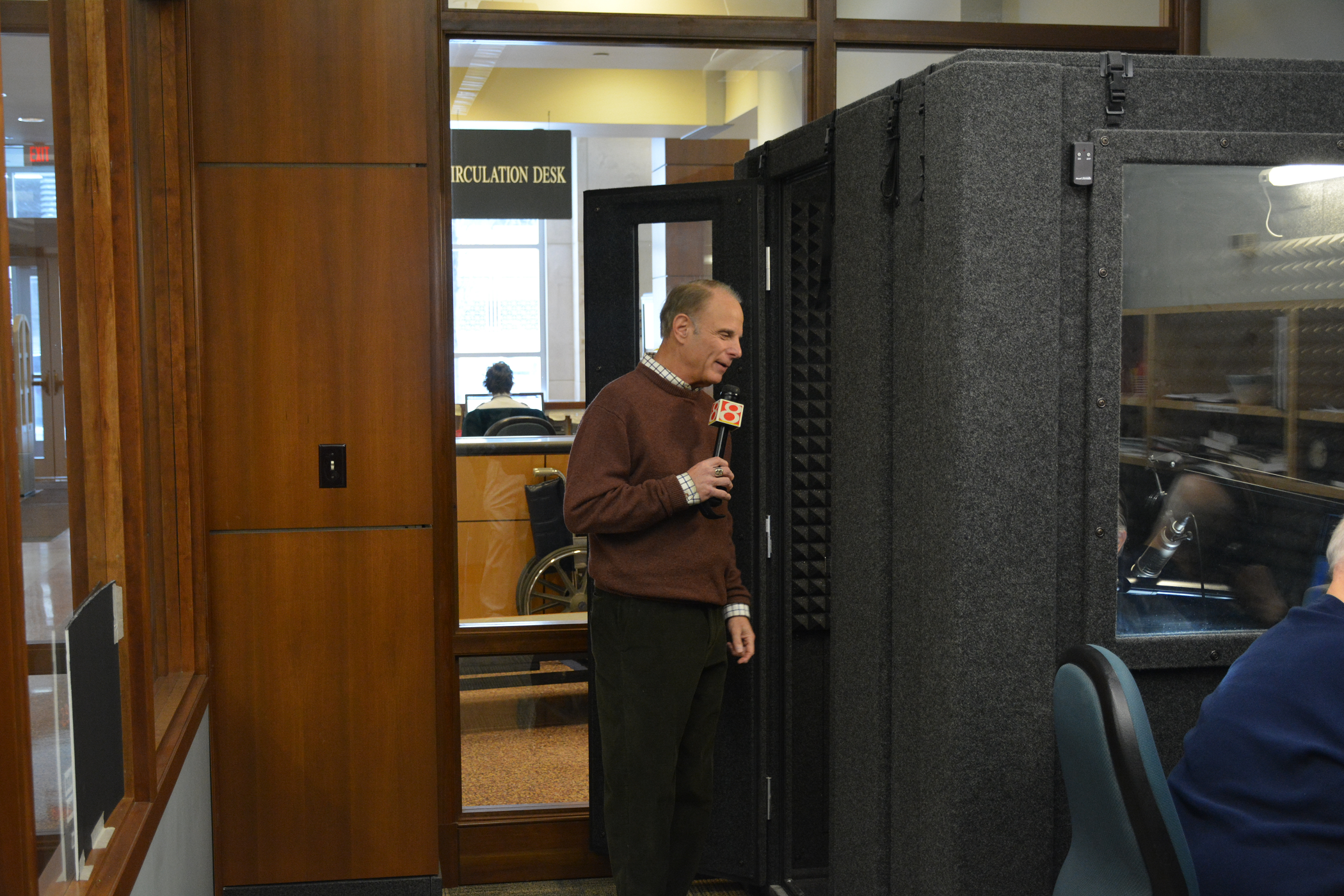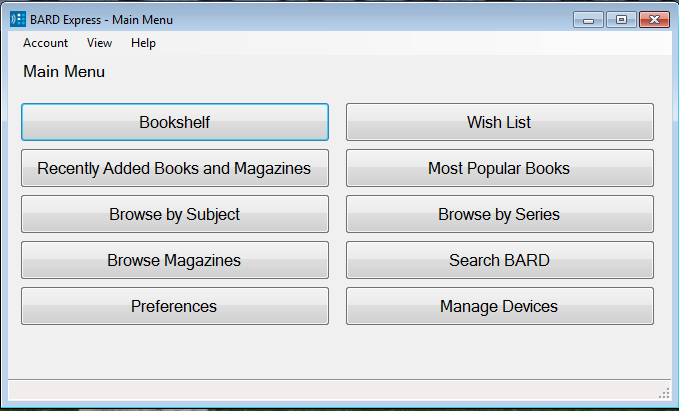Indiana Voices, the program at the Indiana State Library that records Indiana related books and magazines for patrons of the Indiana Talking Book and Braille Library, works hard to select books to record that we feel will be something that can be enjoyed by a wide range of Indiana library patrons. We record books about notable Hoosiers, books by Indiana authors that fall into popular genres like cozy mysteries and westerns and books set in Indiana. The program strives to produce audiobooks that captivate, motivate and educate the listener. Many of the books we record are selected from the books housed in the Indiana Authors Room at the Indiana State Library and would not otherwise be available for patrons to enjoy in an accessible format.
In keeping with that goal, here are a few selections that are currently available through the Indiana Voices program.
Mystery
“Murder on the Bucket List (A Bucket List Mystery)” by Elizabeth Perona
The septuagenarian women of the Summer Ridge Bridge Club have gathered in secret late one July night to check skinny-dipping off their bucket list. But as Francine observes, the jittery members seem more obsessed with body issues and elaborate preparations than actually stripping down and getting in the pool. A pungent smell emanating from the pool shed provides a perfect distraction. When a dead body flops out, it’s an answered prayer for Charlotte, since the first item on her list is to solve a murder.
Thus begins an unexpected adventure for these eccentric seniors filled with unseen twists and turns with a dash of humor thrown in for good measure
Westerns
“Cotton’s War” by Phil Dunlap
As sheriff of Catron County in New Mexico Territory, Cotton Burke has put his life on the line against some of the West’s most unrepentant outlaws, like Virgil Cruz; who’s kidnapped the woman Cotton loves and threatens to kill her should the lawman attempt to interfere with his gang’s schemes.
Memphis Jack Stump used to wear a badge and uphold justice until one drink too many cost him his job, and his friendship with Cotton. But he’s the only man Cotton trusts enough to infiltrate Cruz’s gang as a hired gun and help take them down from the inside before the bandit enacts a terrible revenge.
Biographies
“Richard G. Lugar, Statesman of the Senate: Crafting Foreign Policy from Capitol Hill” by John T. Shaw
In this illuminating profile, John T. Shaw examines Lugar’s approach to lawmaking and diplomacy for what it reveals about the workings of the Senate and changes in that institution. Drawing on interviews with Lugar and other leading figures in foreign policy, Shaw chronicles Lugar’s historic work on nuclear proliferation, arms control, energy and global food issues, highlighting the senator’s ability to influence American foreign policy in consequential ways.
“Gene Stratton-Porter: Novelist and Naturalist” by Judith Reick Long
When Gene Stratton-Porter died in 1924, she was one of America’s most popular novelists and the best-known Indiana author. In this first complete account of Stratton-Porter’s life, Judith Reick Long reveals the author of sentimental and simple nature tales as a much more complex individual than she has heretofore been considered.
Her best-known novel, “A Girl of the Limberlost,” is about a lonely, poverty-stricken girl who lives on a farm in Adams County and escapes from her sorrows in the Limberlost Swamp. She wrote 12 novels, three books of poetry, children’s books, magazine articles and seven nature studies.
Classic Hoosier Literature
“The Hoosier-Schoolmaster” by Edward Eggleston
This cherished tale is considered a milestone in American literature, a monument to regional writing. Edward Eggleston’s account of the adventures of a young schoolmaster in a 19th century school system in rural Southern Indiana presents a vivid and readable chapter in the history of America and American education.
Contemporary Fiction
“Mother Night” by Kurt Vonnegut
“Mother Night” is a daring challenge to our moral sense. American Howard W. Campbell, Jr., a spy during World War II, is now on trial in Israel as a Nazi war criminal. But is he really guilty? In this brilliant book rife with true gallows humor, Vonnegut turns black and white into a chilling shade of gray with a verdict that will haunt us all.
And there are so many more…
These highlighted titles are just a few choices when it comes to recommended audiobooks available from Indiana Voices. Just about any genre that suits your fancy is available through our program and we are adding more all the time.
Here are just a taste of the titles that are currently in the Indiana Voices pipeline:
“Black Noon: The Year They Stopped the Indy 500”
“A Dark and Stormy Murder (A Writer’s Apprentice Mystery)”
“Hudson Lake (A Jazz Age Novel)”
“Undeniably Indiana: Hoosiers Tell the Story of Their Wacky and Wonderful State”
“Our Service, Our Stories – Indiana Veterans Recall Their World War II Experiences”
“Letters from Skye (A Love Story spanning two World Wars)”
“Life and Death in Kolofata: An American Doctor in Africa”
“Pioneers of the Hardwood: Indiana and the Birth of Professional Basketball”
To view a complete list of books in the Indiana Voices collection, visit our online catalog, search for “Indiana” and select “subject.” Then choose “Indiana Digital Voices” from the media drop down list. To sign up to receive Indiana Digital Books, or to learn more about the Talking Book Library, please contact us at 1-800-622-4970 or via email. You can also download Indiana Voices books from BARD by searching for “Indiana.”
This blog post was written by Linden Coffman, director of Indiana Voices. For more information about the Talking Book and Braille Library, call 1-800-622-4970 or send an email.


